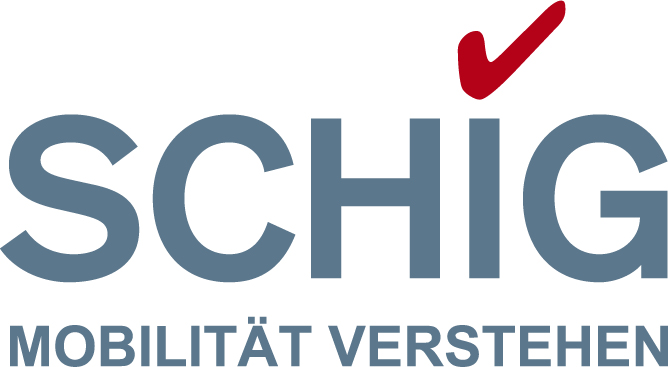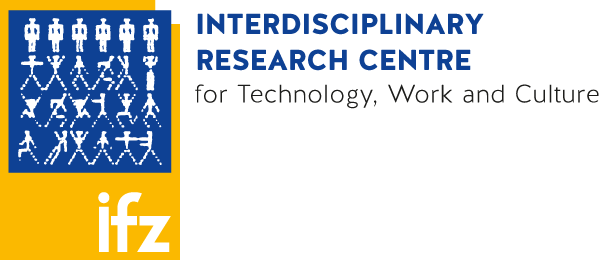MOVER - Mobility and supply in the region
This project examined the question of whether passenger transport and logistics can be combined in structurally weak rural areas, and if so, under what conditions.
Due to the lack of good public (local) transport in rural regions, there are already numerous systems of demand-oriented transport (so-called micro-public transport systems) which are well accepted by the population. They cover the majority of basic mobility needs in smaller communities and provide a connection to the surrounding infrastructure for people without a driving license or their own car.
As these mobility services are already established and have proven themselves in practice, it is obvious to look at whether free capacity in these systems can be used for logistics needs. When evaluating the requirements for a system for the simultaneous and combined transport of people and goods, legal, technical and organizational questions arise which are examined as part of the project.
Schieneninfrastruktur-Dienstleistungsgesellschaft mbH (SCHIG mbH)
2023-2024
The first focus of the project was on exploring the legal framework and answering the question of whether the joint transport of people and goods is permissible and, if so, under what conditions. Secondly, the organizational requirements for feasibility are relevant. The focus here was on the necessity of the various processes that are required and into which organizational forms they must be integrated. The third focal point provided answers to the question of technical feasibility and the requirements for implementation.
Based on the needs identified and the regional requirements, scenarios were defined and subjected to a potential analysis in order to create a decision-making basis for the further procedure and, if possible, a pilot project.
The result of the analysis is that goods transport of various kinds (pickups and deliveries of regional products, parcel deliveries, trips to pharmacies, etc.) could be simplified and offered more extensively in rural areas by networking or linking existing passenger transport systems and logistics services. At the same time, this can lead to better utilization of existing capacities, support regional value creation and contribute to a reduction in empty runs and empty kilometers.
This project was funded by the Federal Ministry for Climate Protection, Environment, Energy, Mobility, Innovation and Technology (BMK) and implemented by Schieneninfrastruktur-Dienstleistungsgesellschaft mbH (SCHIG mbH) as part of the logistics funding programme.


